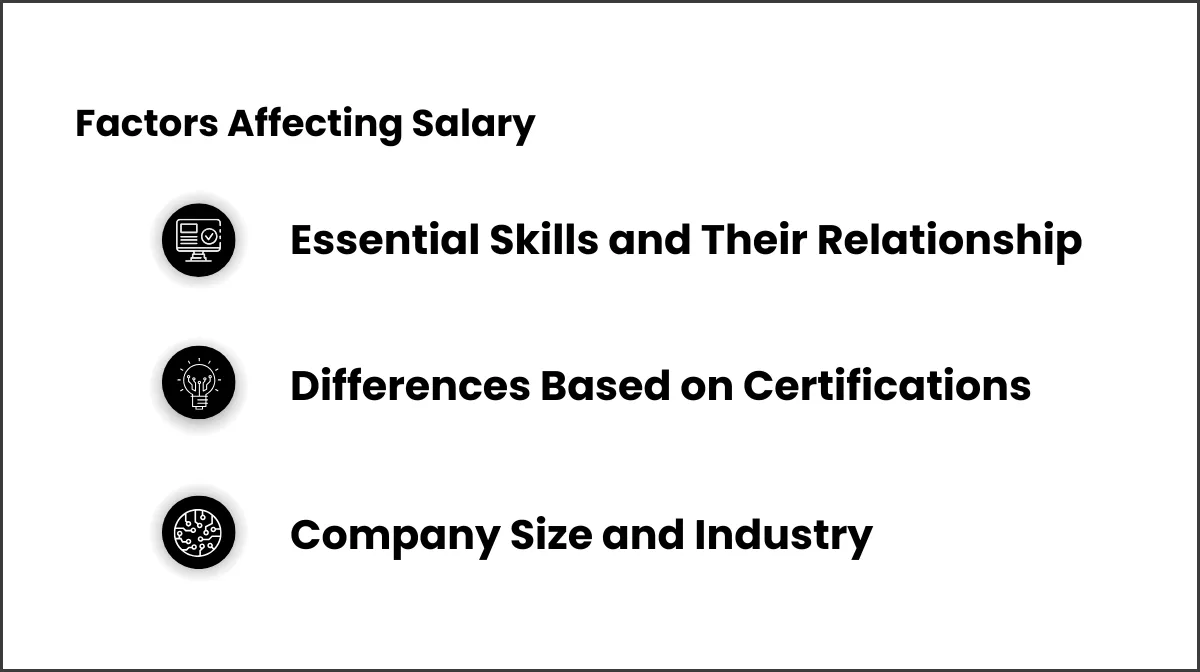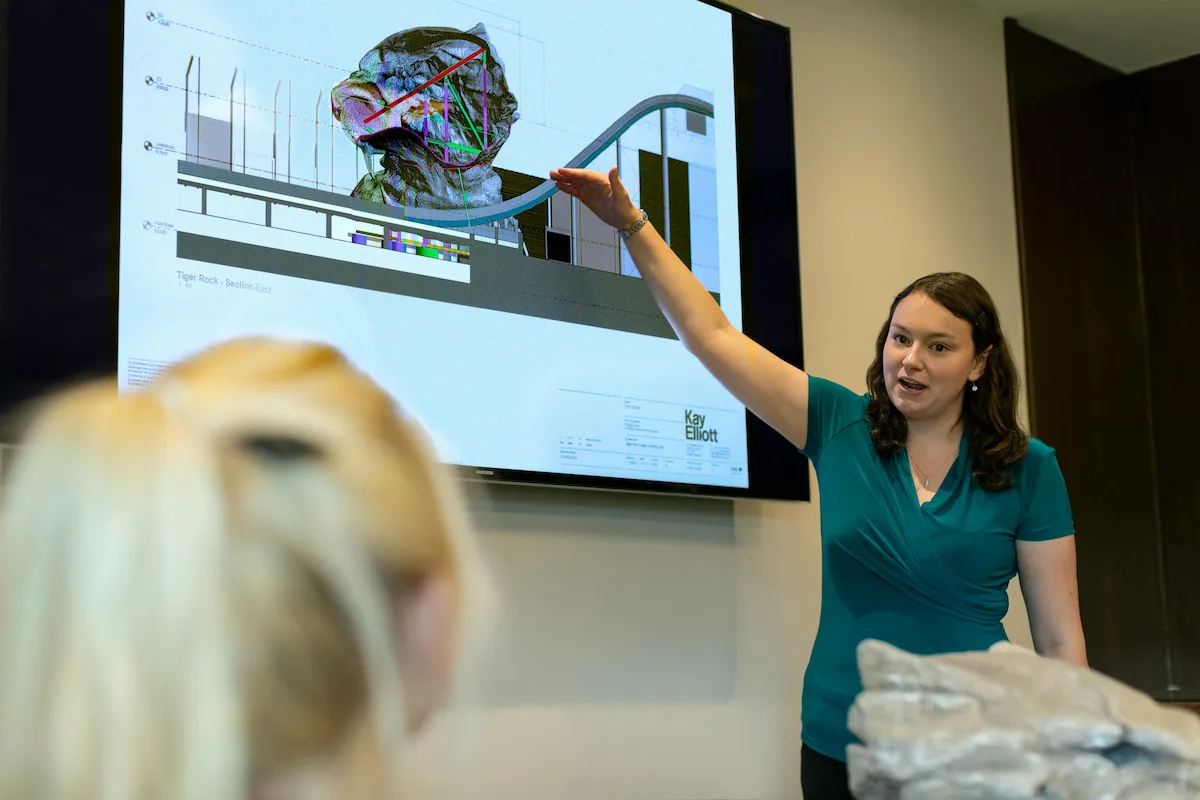The demand for DevOps engineers continues to grow year by year, with salary levels showing an upward trend.
This article provides a comprehensive analysis of DevOps engineer salaries, from specific market rates to effective skills, certifications, and career paths that can increase your income. We’ll deliver practical information for engineers looking to enhance their market value.
- DevOps salary ranges and market trends in Japan
- Best certifications to boost your income
- Practical steps to increase your market value
1. DevOps Engineer Roles and Salary Ranges

Let’s start by examining the specific job responsibilities and salary ranges for DevOps engineers.
DevOps engineers hold an important position with several key responsibilities.
DevOps Engineer Job Responsibilities
A DevOps engineer is a crucial role that bridges Development and Operations, being involved in the entire system development lifecycle.
CI/CD (Continuous Integration/Delivery) Implementation
Building and managing automation pipelines is a primary responsibility. Specifically, this involves automating code building, testing, and deployment processes to enhance quality management efficiency. They also implement continuous system improvements, including performance monitoring, optimization, and security measure implementation.
Infrastructure Management
This includes designing and building cloud infrastructure using platforms like AWS, GCP, and Azure. Additionally, operating container technologies like Docker and Kubernetes is a key responsibility. In promoting Infrastructure as Code (IaC), they manage configurations using tools like Terraform and CloudFormation to ensure environment reproducibility and consistency.
System-wide Monitoring and Troubleshooting
They maintain system health through collecting and analyzing performance metrics, and automating log management and anomaly detection. They also handle incident response, problem resolution, and implementation of preventive measures.
Team Collaboration is Also Critical
They facilitate collaboration between development and operations teams, promoting smooth communication and standardizing knowledge sharing. Furthermore, they contribute to overall project efficiency through workflow optimization, tool selection, and establishing best practices.
Differences from Infrastructure Engineers
While DevOps engineers and infrastructure engineers are often confused, there are clear differences, primarily in their scope of responsibility and approach.
While infrastructure engineers focus on building and maintaining infrastructure environments with emphasis on stable operations, DevOps engineers oversee the entire process from development to operations, focusing on continuous improvement and automation.
Required Skill Sets
Infrastructure Engineer vs DevOps Engineer
- Server, network, and storage expertise
- Broad knowledge of development methods and tools
- System operation experience
- Automation technology and programming skills
- Process improvement ability from a business perspective
There are also clear differences in their work approaches. While infrastructure engineers prioritize specialized responses to individual infrastructure issues and ensuring stability and reliability, DevOps engineers focus on integrated efficiency of development and operations, achieving continuous delivery, and promoting team collaboration.
DevOps Engineer Salary Ranges
DevOps engineer salaries vary significantly based on years of experience and skill level.
Annual salaries can range widely from 5 million to over 15 million yen. The average salary for DevOps engineers in Japan is 6.78 million yen. (Source: Indeed Salary Survey)
Example Salary Simulation by Experience
| Experience | Annual Salary Range | Skill Level |
|---|---|---|
| Entry level to 3 years | 3.5-5 million yen | Learning period |
| 3-5 years | 4.5-7 million yen | Can perform basic DevOps tasks independently |
| 5-10 years | 6-9 million yen | Can take on project leader roles |
| 10+ years | 8-12+ million yen | Team management and technical strategy planning |
These salary levels vary depending on company size, industry, and location.
However, with the spread of remote work, regional salary gaps are expected to decrease.
2. Factors Affecting Salary

Multiple factors influence salary levels rather than just a single element.
Let’s examine in detail the various factors, from personal skills and certifications to company size.
Essential Skills and Their Relationship to Salary
DevOps engineer salaries vary significantly based on their skill set. The following technologies can be expected to lead to salary increases:
Cloud Platform Technologies
- Practical experience with AWS, GCP, Azure
- Multi-cloud environment design and operation experience
Container Technologies
- Practical experience with Docker and Kubernetes
- Container orchestration design experience
Automation and IaC Skills
- Practical experience with Terraform and Ansible
- Automation achievements in large-scale environments
Soft Skills Also Affect Annual Income
Soft skills significantly impact salary. Project management abilities such as team leadership experience and large-scale project management experience can lead to salary increases.
Experience in internal and external negotiations and working with global teams is also often highly valued.
Salary Differences Based on Certifications
Industry certifications serve as important indicators that objectively demonstrate a DevOps engineer’s market value.
AWS Certifications
- AWS Certified DevOps Engineer Professional
- AWS Certified Solutions Architect
Google Cloud Certifications
- Professional Cloud DevOps Engineer
- Professional Cloud Architect
Azure Certifications
- Azure DevOps Engineer Expert
- Azure Solutions Architect Expert
Reference: AWS Certifications, Google Cloud Certifications, Azure Certifications
Salary Gaps by Company Size and Industry
Salary levels vary significantly by company size.
Large companies with 1000+ employees offer an average annual salary of about 6.1 million yen, with comprehensive benefits and stable raises and bonuses.
Mid-sized companies with 100-999 employees offer around 5.29 million yen average annual salary, with relatively high discretionary authority and faster skill-based raises.
Startups with fewer than 100 employees offer about 4.92 million yen, but additional compensation like stock options may be available.
Industry Characteristics
| Industry | Characteristics |
|---|---|
| IT/Communications | Relatively high base salary with clear technical skill evaluation |
| Finance/Insurance | High base salary with reliable bonus system |
| EC/Retail | Strong performance-based compensation tendency, emphasis on digital strategy |
| Manufacturing | Stable salary structure enabling long-term career development |
These factors are interrelated, and combining multiple factors can lead to greater salary increases. Particularly, combining highly specialized skills with industry experience can significantly enhance market value.
■日本でエンジニアとしてキャリアアップしたい方へ
海外エンジニア転職支援サービス『 Bloomtech Career 』にご相談ください。「英語OK」「ビザサポートあり」「高年収企業」など、外国人エンジニア向けの求人を多数掲載。専任のキャリアアドバイザーが、あなたのスキル・希望に合った最適な日本企業をご紹介します。
▼簡単・無料!30秒で登録完了!まずはお気軽にご連絡ください!
Bloomtech Careerに無料相談してみる
3. Methods to Increase DevOps Engineer Salary

What specific methods are available for DevOps engineers to increase their salary? Here are four key points.
Increasing Income Through Job Change
To achieve salary increases through job changes, it’s important to build achievements that enhance your market value.
You can demonstrate clear results such as implementation experience with large-scale systems, cost reduction and efficiency improvements with numerical results, and specific examples of workload reduction through automation.
Experience in cloud-native environments, knowledge of microservice architecture, and security design achievements are also important differentiating factors in the job market.
Negotiation is Also a Crucial Point When Changing Jobs
During job change negotiations, it’s effective to present specific data on industry salary levels, market value of your skills, and past achievements and deliverables.
Furthermore, you can demonstrate your future growth potential by showing clear career vision, organizational contribution plans, and technical skill acquisition roadmaps.
Internal Career Advancement Strategy
To enhance internal evaluation, it’s important to deliver concrete results in projects
- Reduction in deployment time
- Reduction in operational costs
- Improvement in system stability
Additionally, organizing internal study sessions, maintaining technical documentation, and supporting junior staff development can lead to positive evaluations. To establish yourself as a technical specialist, it’s important to participate in technical strategy planning, architecture design, and new technology implementation.
For those aiming for promotion: Building project management experience, demonstrating team leadership, and involvement in budget management are necessary to strengthen management skills.
Salary Negotiation Points
For effective salary negotiation, it’s important to confirm the following:
Visualize achievements
- KPI achievement status
- Project success cases
- Specific numerical results
Prove your market value
- Industry standard salary data
- Acquired certifications
- Demonstrate new skill acquisition status
During negotiations, it’s effective to make specific proposals including justification for desired salary, phased salary increase plans, and setting evaluation metrics.
It’s also advisable to prepare alternatives such as improvements in non-monetary benefits, expanded authority, and securing training opportunities.
Obtaining Effective Certifications
Important and effective certifications for increasing market value:
Cloud-related certifications: AWS Certified DevOps Engineer Professional, Google Cloud Professional DevOps Engineer, Microsoft Azure DevOps Engineer Expert are important.
Project management certifications: PMP (Project Management Professional), PRINCE2 Practitioner, and Scrum Master certifications are also effective.
Certification Roadmap
Years 1-3: Obtain basic cloud platform certifications, Linux basic certifications, and agile development basic certifications. After 3 years: Aim for DevOps specialist certifications, advanced security certifications, and architect certifications.
Reference: Google Cloud Certifications
4. Future Prospects and Salary Outlook

Due to continued market growth, DevOps engineering is considered a profession with high future potential.
Let’s examine future prospects while considering salary aspects.
DevOps Market Growth Forecast
The DevOps market continues to grow steadily, with predictions of continued growth in the domestic market as well. More companies are adopting DevOps, and implementation rates are rising annually.
Key growth drivers include acceleration of cloud-native adoption, promotion of digital transformation, and increasing needs for system automation and efficiency.
In corporate DX promotion, modernization of legacy systems, progression of microservices, and adoption of cloud-first strategies are driving demand.
Particularly, industry-specific demand is expanding, including system renewal in the financial sector, smart factory implementation in manufacturing, and omnichannel development in retail.
Expected Future Salary Levels
DevOps engineer salary levels are expected to rise further with market growth.
Salary increases are driven by technological advancement, including AI integration technologies, increasing importance of security measures, and evolution of platform technologies.
Additionally, increasing demand for experienced professionals, rising scarcity value of specialized talent, and deepening talent shortage due to global competition are pushing salaries upward.
Relationship Between Career Path and Income
DevOps engineers typically have three career paths. Salary increases can be expected as you progress from 1 to 3 in each path.
Technical Leader Path
- DevOps Engineer
- Senior DevOps Engineer
- Technical Architect
Management Path
- Team Leader
- Project Manager
- Technical General Manager
Specialist Consultant Path
- DevOps Consultant
- Senior Consultant
- Principal Consultant
Career paths are not mutually exclusive and can be flexibly chosen or changed based on experience and skills. Particularly in the rapidly evolving DevOps field, continuous learning and adaptability are key to long-term career success.
■日本でエンジニアとしてキャリアアップしたい方へ
海外エンジニア転職支援サービス『 Bloomtech Career 』にご相談ください。「英語OK」「ビザサポートあり」「高年収企業」など、外国人エンジニア向けの求人を多数掲載。専任のキャリアアドバイザーが、あなたのスキル・希望に合った最適な日本企業をご紹介します。
▼簡単・無料!30秒で登録完了!まずはお気軽にご連絡ください!
Bloomtech Careerに無料相談してみる
5. Frequently Asked Questions About DevOps Engineers

Here we’ve compiled frequently asked questions about DevOps engineers.
Use this along with the previous explanations to deepen your understanding of DevOps engineers.
What is a DevOps Engineer?
A DevOps engineer is a specialist who bridges Development and Operations.
Key responsibilities include building and managing CI/CD pipelines, promoting infrastructure automation, optimizing system monitoring and operations, and facilitating team collaboration.
Through their work, they are expected to achieve system-wide optimization, continuous improvement and efficiency, and balance between security and performance.
Which Certifications are Most Effective for Salary Increases?
For DevOps engineer career advancement, cloud platform certifications are particularly effective. Project management certifications are important for broadening career opportunities.
A step-by-step approach is recommended for certification acquisition. These certifications offer value beyond mere certification; the systematic knowledge and practical skills gained during the certification process enhance problem-solving abilities in practical work, potentially leading to further salary increases.
6. DevOps Engineer Demand Increases with Market Expansion
DevOps engineers are a profession expected to see further demand growth due to technological evolution and accelerating digitalization.
In terms of salary, annual incomes of over 10 million yen are well within reach depending on skills and experience.
Steady income increases can be achieved through continuous learning, accumulating achievements, and strategic career building.



















